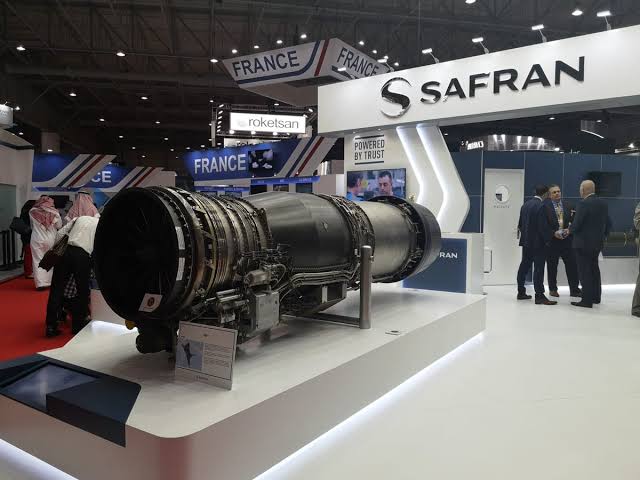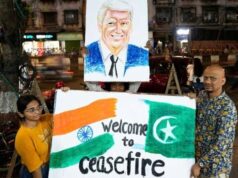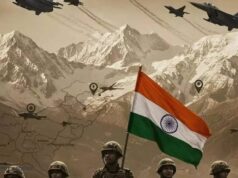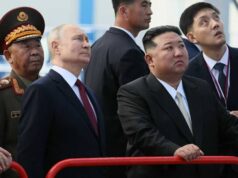Safran offers fighter engine tech to India

Safran a French Company which makes jet engines intends to establish a Defence Electronics manufacturing facility in India for producing sensors and other vital electronic components for military platforms.
Safran has been a key collaborator with HAL, providing engines for Indian military helicopters and Rafale fighter jets.
Now France has also agreed to collaborate with India on advanced materials and metallurgy, which are critical for manufacturing key components in military and civilian engines.
It has offered India technology for its fifth-generation fighter engine, furthering the strategic defence relationship between the two countries.
Safran, General Electric (US) and Rolls Royce (UK) are competing with each other to power India’s Advanced Medium Combat Aircraft (AMCA), a 5.5 generation fighter jet projected to be operational by 2035.
Safran’s involvement in India’s 5.5 generation fighter jet program, particularly the Advanced Medium Combat Aircraft (AMCA), has significantly alarmed the U.S. Company General Electric (GE).
Safran is offering a new 110kN thrust engine for India’s Advanced Medium Combat Aircraft (AMCA) program. This engine will be developed in collaboration with India’s Gas Turbine Research Establishment (GTRE).
A senior official from Safran confirmed that the 110kN thrust engine will have a completely new core design, distinct from the M-88 engines used in the Rafale jets. The engine is designed from the ground up to meet the specific requirements of the AMCA.
Safran has offered India ownership of the engine technology developed through their collaboration, with the goal of providing India with “strategic independence” in designing, developing, and producing military jet engines for both domestic use and export.
In the late 2010s, India had partnered with Snecma (now Safran) to upgrade its indigenous Kaveri engine, but the collaboration faced challenges due to Snecma’s reluctance to share key technologies.
Therefore a few in India are expressing caution about the French offer, due to this past experience. France has though proved to be a reliable partner, with its long-standing support for India, particularly during times of geopolitical tension.
France has consistently stood by India, contrasting this with the more transactional nature of U.S. partnerships and that direct threat by wretched Nixon in 1971 Indo Pak war.
Finalising deals involving 26 x Rafale-Marine fighters and 3 x Scorpene submarines along with sale of Pinaka to France could significantly boost India-France strategic ties.




